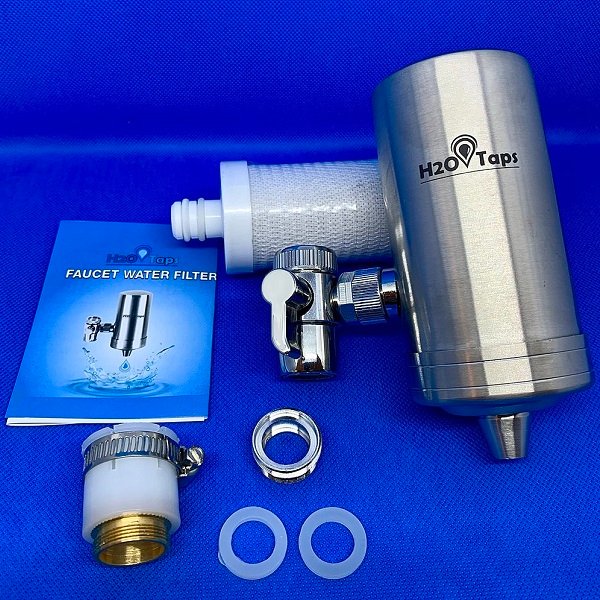Should You Get a Faucet Filter?
Faucet filters have become a popular choice for homeowners who want to improve tap water quality. Here is a list of the best faucet water filters in the market today which you can choose according to your choice and need. Faucet filters attach directly to your faucet and use various filtration methods to remove impurities such as chlorine, lead, and sediment. But the question remains: should you get a faucet filter?
One of the main advantages of using a faucet filter is that it can provide clean drinking water at a fraction of the cost of bottled water. This is especially important if you live in an area with poor water quality or are concerned about tap water contaminants. Faucet mount filters are more eco-friendly than bottled water since they reduce plastic waste.
Another advantage is that faucet water filters are easy to install and maintain. Most models simply screw onto your existing faucet and come with replaceable cartridges that must be changed every few months.
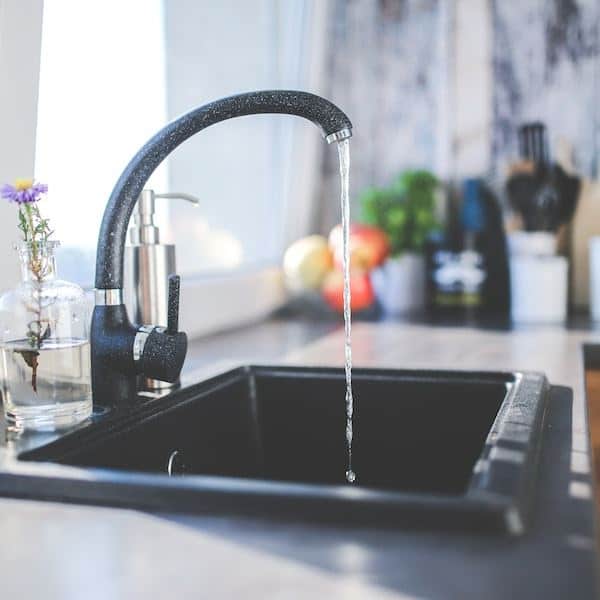
How a Faucet Filter Works
A faucet filter is a device that attaches to your faucet and removes impurities or contaminants from the water. The process of how it works is quite simple.
- First, when you turn on the tap, the unfiltered water flows through a small screen that catches larger debris such as sediment from pipes and rust particles.
- After passing through this initial screen, the water flows through a carbon block. This highly porous material has an incredibly large surface area that effectively traps smaller particles like chlorine, lead, and other chemicals commonly found in tap water.
- Finally, the water exits clean and fresh out of the spout.
Faucet Filters: Pros and Cons
Faucet filters are a convenient and cost-effective way to improve the quality of your drinking water. While there are many benefits to using faucet filters, it is important to consider both the pros and cons before purchasing.
Advantages of Faucet Filters
These simple devices offer a range of advantages that make them an excellent choice for anyone looking to improve the quality of their home’s water supply. From improved taste and odor to better health outcomes, there are many benefits to using faucet filters.
Remove Impurities from Drinking Water
One of the key advantages of faucet filters is their ability to remove impurities from your drinking water. Many municipal water supplies contain contaminants like chlorine, heavy metals and volatile organic compounds that can harm your health over time. Faucet filters eliminate these impurities before they enter your body.
Affordable
Another advantage of faucet filters is their affordability. Unlike other types of filtration systems, which can be expensive and difficult to install, most faucet filters simply attach directly to your existing kitchen sink faucet with minimal effort or cost.
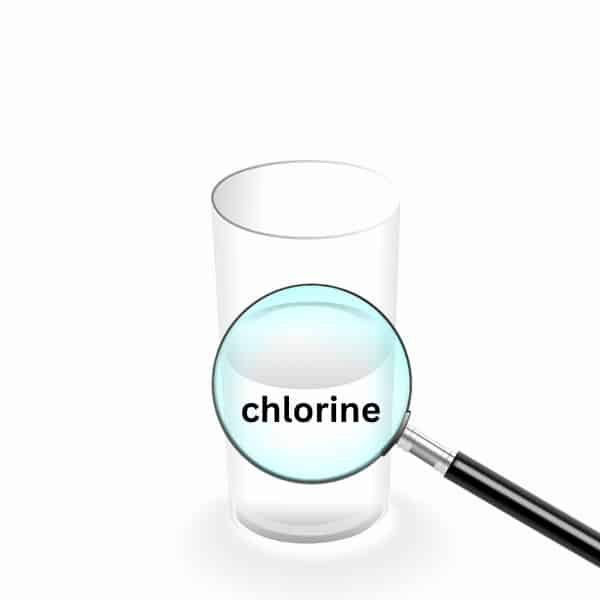
Convenient
Another benefit of faucet filters is their convenience. Unlike other water filtration systems, faucet filters are easy to install and require little maintenance. Once installed, you can turn on your tap and enjoy clean water without worrying about regularly cleaning complex systems.
Indicator Lights
Additionally, many models come with indicator lights or alerts to let you know when it’s time for a filter change, making them even more hassle-free!
Disadvantages of Faucet Filters
While they can be an effective way to remove some contaminants from tap water, consumers should be aware of several disadvantages of faucet filters.
Expensive to Maintain
One of the main disadvantages is that faucet filters can be expensive to maintain. The filter cartridges must be changed regularly, and these replacements can add up over time.
Do Not Remove Viruses or Bacteria
If you need a faucet filter, then you should be aware of the fact that it may only provide a partial solution for some potential water issues. For example, faucet filters may not remove viruses or bacteria from your water supply.
Slow Water Flow
Another disadvantage is that faucet filters can slow down your water flow significantly. This can be frustrating when you want to fill up a large pot or wash fresh produce quickly.
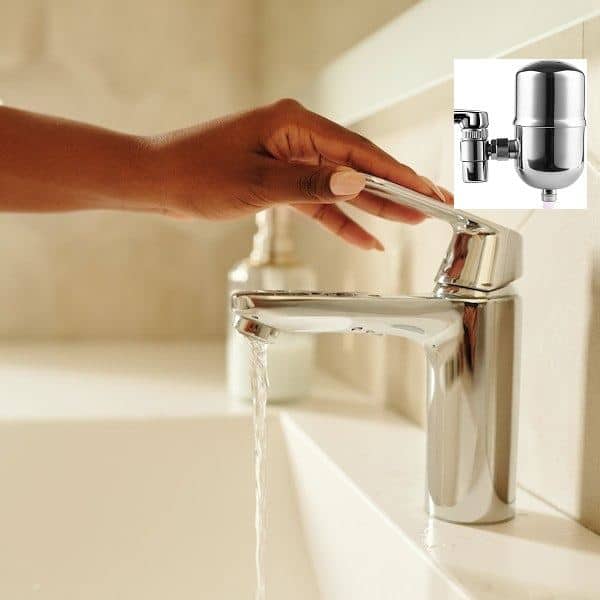
Alternative Solutions to Faucet Filters
While faucet filters have been popular for years, there are some alternative solutions that you may want to consider.
Countertop Water Filtration Systems
The first alternative to the faucet filter is a countertop water filtration system. Countertop water filtration systems are a great option for those who want purified water that does come in a bottle.
These filters attach directly to your kitchen faucet and provide convenient access to clean, filtered water. They work by using activated carbon to remove impurities such as chlorine, sediment, and other contaminants that can affect the taste and quality of your water.
One of the main benefits of countertop filtration systems is that they’re incredibly easy to use. Simply attach it to your faucet, and you’re ready to go! Additionally, they only take up a small space in your kitchen and can be moved for as long as it is attached to the faucet.
Additionally, if we compare faucet vs pitchers, they are also a more convenient option for a household than faucet-mounted filters. Pitchers are also suitable for a small-size family with one or two people.
Whole house Water Filtration Systems
Another option can provide even more comprehensive filtration – whole house water filtration systems such as reverse osmosis systems. These systems work by filtering all the water entering your home, providing clean and safe water for all your daily needs.
One major advantage of whole-house water filtration systems is their ability to remove a wider range of contaminants than faucet filters. They usually incorporate multistage filtration to tackle a broad range of contaminants, resulting in cleaner drinking water for you and your family.
Another benefit of a whole-house filtration system is that it can save you money in the long run compared to using multiple faucet filters throughout your home.
Undersink Water Filtration Systems
Undersink water filtration systems are quickly becoming a popular alternative to faucet filters. These systems effectively remove contaminants and impurities from your drinking water without the need for bulky, unsightly filter attachments on your faucet.
Instead, under-sink filtration systems are installed out of sight under your sink, providing clean and clear drinking water straight from the faucet. It’s worth mentioning that most under-sink water filters come with a dedicated faucet.
One of the biggest advantages of an under-sink system is its ability to filter larger volumes of water than most faucet filters can handle. Additionally, under-sink systems often use multiple stages of filtration technology, which can remove more impurities than basic faucet filters.
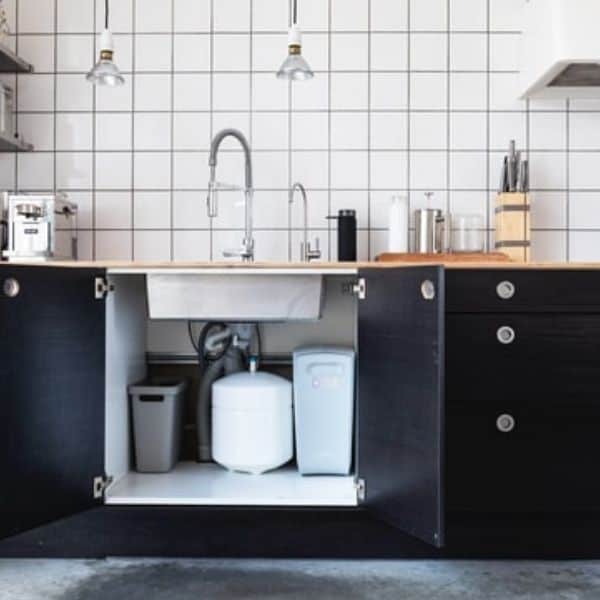
FAQs
How much does a faucet water filter cost?
The price of a faucet filter can vary greatly depending on a range of factors such as brand, features, and quality. Generally speaking, basic models start at around $20 to $30, while more advanced models with additional features can set you back anywhere from $50 to $100 or more.
What faucet filter should I buy?
One type of faucet filter is an activated carbon filter, which is effective in removing chlorine, sediment, and bad odors from water. These filters also improve the taste of water by eliminating impurities that cause unpleasant tastes.
Before shopping for a faucet mount water filter, determine the contaminants in your water first. Doing so will help narrow your options and find the right faucet filter to address your concern. Of course, look for the filter’s performance data sheet.
What is the best faucet filter I can install myself?
If you are looking for a faucet filtration system that is easy to install and highly effective, the PUR Plus Faucet Filtration System could be a perfect choice. PUR faucet filters can remove more than 70 water contaminants, including heavy metals, volatile organic compounds, pesticides, pharmaceutical residues and industrial pollutants.
One of the key benefits of the PUR Plus Faucet Filtration System is its ease of installation. Simply attach it to your faucet and enjoy pure, filtered water immediately.
How often do I need to change a faucet filter?
The frequency of filter changes depends on several factors, including the filter type used, the water supply quality, and how often you use your faucet. Some filters may need to be changed every three months, while others can last up to a year. It is important to read the manufacturer’s instructions on filter life expectancy before using any particular brand or type.
Secondly, if your water source contains high impurities such as heavy metals like lead or copper, you may need to change your water cartridge more frequently.
Conclusion
Water filters on faucets are a great way to ensure you drink clean water. Their convenience and cost-effectiveness make them a desirable option for many households. However, some faucet filters cannot adequately remove viruses and bacteria.
There are alternative solutions to faucet filters, such as countertop filters, whole-house water filtration systems, and under-sink water filtration systems. These options offer a quick, easy way to clean your drinking water.
